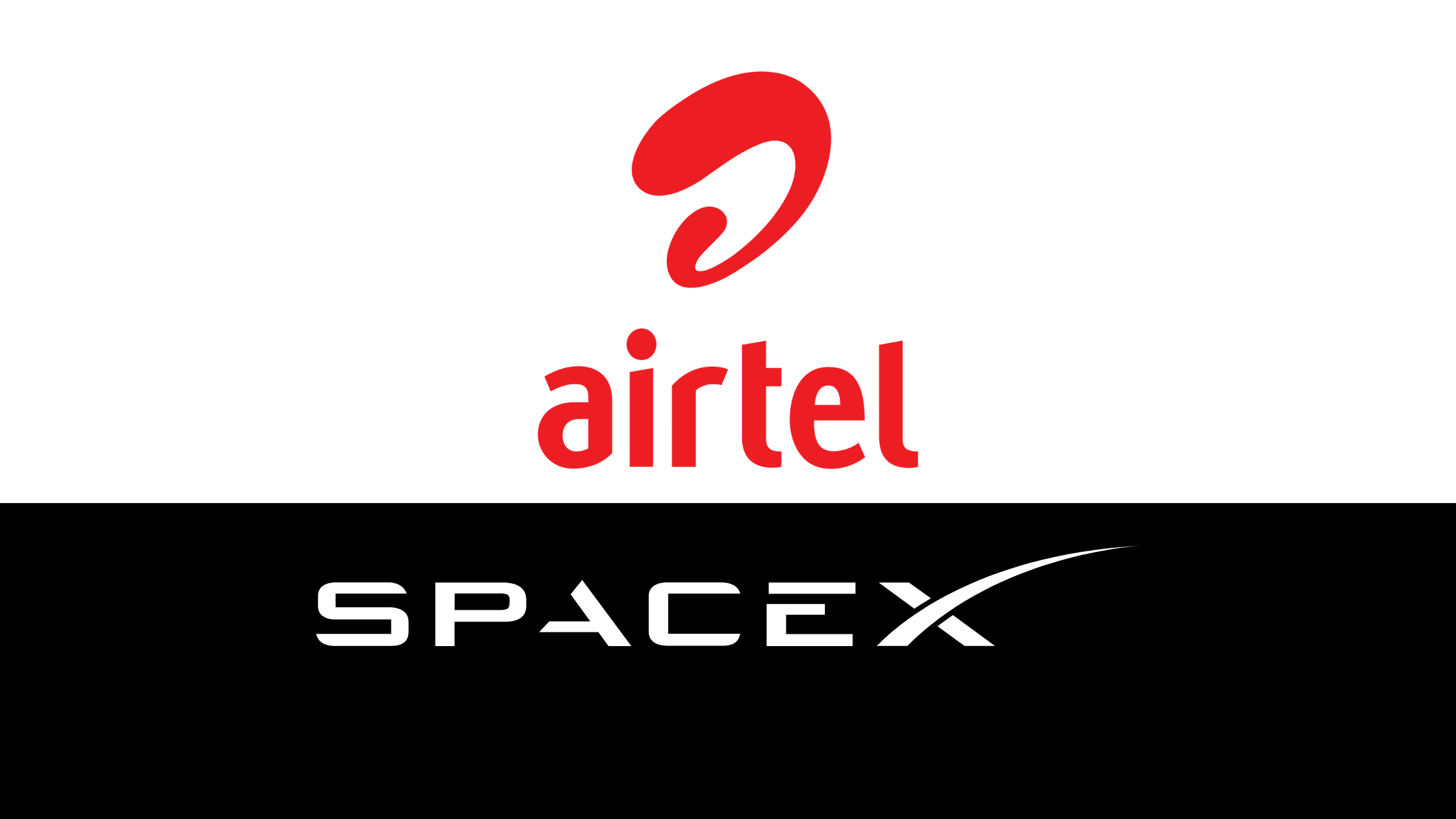Airtel Africa has joined forces with SpaceX to deploy Starlink’s high-speed satellite internet services across the continent. This marks a significant development in bringing internet access to remote corners of Africa.
Announced on May 5, 2025, this collaboration aims to tackle the persistent digital divide for countless homes and businesses in rural Africa, where reliable internet has been more aspiration than reality. This is a partnership that offers a concrete pathway to connectivity.
Further spicing up this development is the fact that Nigeria is explicitly listed among the initial nine countries set to benefit from this rollout. Other countries named are, Chad, Kenya, Zambia, Malawi, Rwanda, Niger, Madagascar, and the Democratic Republic of Congo. SpaceX has already secured the necessary licenses in nine of the fourteen African nations where Airtel operates, with the remaining five licenses currently being processed.
Starlink already has a footprint in over 20 African markets and has quickly become a significant player in Nigeria’s internet service provider (ISP) landscape due to its ability to serve areas traditional providers struggle to reach.
Meanwhile, Airtel Africa has long been a participant in Africa’s digital evolution, actively working to boost connectivity even before this satellite venture. Years before partnering with SpaceX, Airtel had already leapt into next-generation mobile technology by launching its 5G technology on the continent. This initial 5G deployment began in Nigeria before extending to Tanzania and Zambia, with further expansions planned.
Read more here: Airtel launches 5G, promises to expand
The 5G service, concentrated in high-traffic urban areas like city centres, malls, and hospitals, promised customers speeds up to ten times faster than previous technologies. Now, the agreement with SpaceX sees Airtel strategically integrating Starlink’s capabilities to broaden its reach.
Starlink provides its low Earth orbit (LEO) satellite technology, renowned for delivering high-speed internet efficiently. In return, Airtel Africa brings its extensive operational footprint across 14 countries, a substantial base of 163.1 million subscribers, and vital ground infrastructure.
This collaboration creates a powerful synergy, where Starlink’s satellite connectivity will be integrated into Airtel Africa’s existing network infrastructure. The core objective is to significantly improve internet access for individuals, businesses, and crucial public services like schools and health centres, especially in the continent’s most remote areas.
The partnership also intends to explore using Starlink for cellular backhauling, a method that helps extend mobile network coverage to distant locations by linking base stations via satellite.
Sunil Taldar, CEO of Airtel Africa, highlighted that this “next-generation satellite connectivity will ensure that every individual, business, and community have reliable and affordable voice and data connectivity even in the most remote and currently under-served parts of Africa”.
Chad Gibbs, SpaceX’s Vice President of Starlink Business Operations, noted that working with Airtel, an operator central to Africa’s telecom journey, is a “great sense” for complementing Starlink’s direct services.
Taking a cursory look at this partnership’s potential to combat Africa’s persistent internet connectivity challenges reveals a strong combination of assets. With roughly 600 million people, or half of Africa’s population, still lacking internet access as of 2025, the task is formidable.
Read more: Advertisers love digital marketing because of its several distinct advantages – Patrick Gomez
However, by merging Starlink’s satellite reach with Airtel’s established ground presence and customer base, they are building a hybrid connectivity model. This model is well-suited to deliver more consistent voice and data services in regions where fibre or traditional mobile networks haven’t reached. The move enhances Airtel’s offerings for businesses and institutions, promising to fuel local innovation and economic growth.
Furthermore, it intensifies competition, pushing other operators like MTN, who are also exploring satellite partnerships, to accelerate their digital inclusion efforts. While the scale of the challenge is vast, the strategic integration of satellite and terrestrial networks by Airtel and Starlink offers a highly promising approach to expanding connectivity and unlocking opportunities across Africa.





Comment
No comments found.